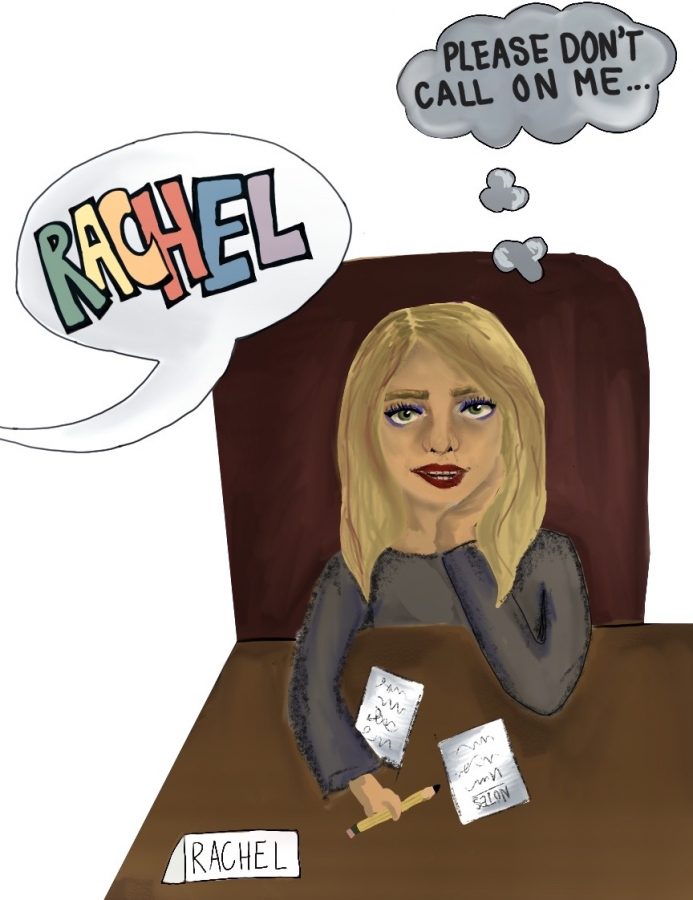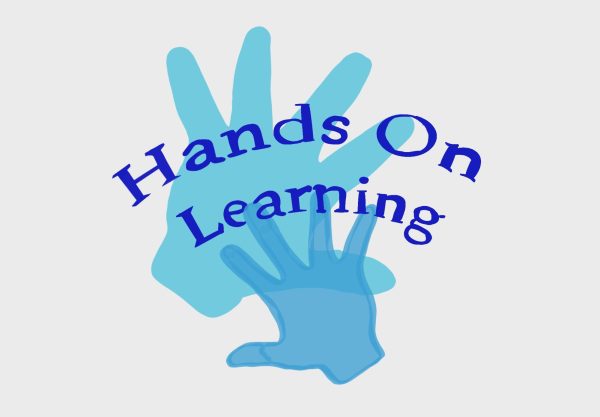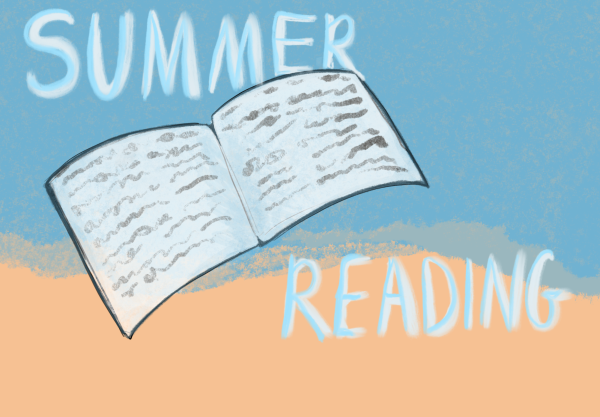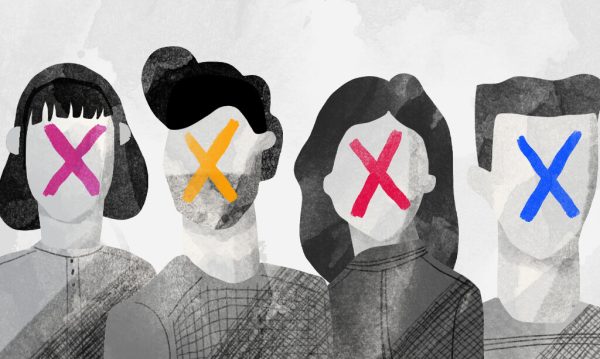Cold-Calling Negatively Affects Students
Randomly Calling on Students Can Have an Adverse Impact on One’s School Day
Students may experience angst in class.
It is not uncommon in school that a student might find themselves suddenly being called on instead of the other classmates who actually have their hands raised. When the teacher calls on them, the student is plunged
into a state of shock. They can feel the whole class staring at them as they desperately look for the answer that they do not have. Meanwhile, other students who know the answer disappointedly put their hands back down and wait for the isolated student to respond.
Cold-calling. It is often used in business regarding unsolicited calls made to sell products, but in school, it includes calling on students and forcing them to spit out an answer when they have not raised their hand. This technique requires that every student be ready with an answer for the teacher’s question and prepared to share their thoughts, which can be embarrassing for a student who does not know the answer. It can encourage participation in the class and keep students on their toes, but for some, it creates tension in the classroom and only adds to the stress that is guaranteed to come with school.
For some students, cold-calling is their biggest nightmare and often the anxiety takes over their ability to think or even attempt to form an answer. The fear of embarrassing oneself in front of their peers and failing to impress the teacher is enough to make one forget what class they are in. This unnecessary stress falls onto a student’s shoulder, along with the many other concerns and tasks that they have to cope with in one day. Although teachers may try to lessen the worries a student faces, for some, it only increases the anxieties they feel. However, it is not only the fear that leaves a student unable to answer the question they have been presented with, but sometimes, they really just do not know. All teachers are aware that no student is perfect, but it can feel as if they are being punished for not having an answer. Even though they never had their hand up in the first place, they now have to admit their unfamiliarity to their whole class and their teacher. Cold-calling can also make a student feel as they are being represented poorly in the classroom, although it may only seem like a minor interaction.
This technique, however, can work in a comfortable classroom setting and can benefit a student. When one is having a class discussion and the teacher is not searching for a right or wrong answer, calling randomly might be a better way to hear from those students who are too nervous to raise their hand. This helps them to participate and share their thoughts on a particular subject without the fear of being incorrect and scolded for it. The problem is that most of the time, the classroom does not feel forgiving or comforting. When a teacher asks a question with a specific answer, more pressure falls on the student to answer it correctly.
Although cold-calling can be beneficial, and in some cases it can truly help a student, the negative aspects outweigh the positives. Making a student uncomfortable and putting them on the spot is enough to not only discourage them from participating when given the opportunity to raise their hand, but also make them anxious before class, hoping that they do not get called on. Having a constant fear of one class is enough to make a student miserable because they have to attend it every day. If teachers stop using this method as often or only used them in comfortable conversations about a topic, then students may feel less stressed about this technique.

Amy Gordon, Class of 2021, is the Video Editor of The Searchlight. She plays tennis, and is a part of Walpole High’s Student Council, as well as the...

Charlotte Clarke, class of 2021, is the Graphics Editor for The Rebellion. At Walpole High School, she runs cross country and track and is involved in...












Anthea Tulloch • Mar 30, 2023 at 5:31 am
Good article! I’m a teacher in the UK and I agree with you.